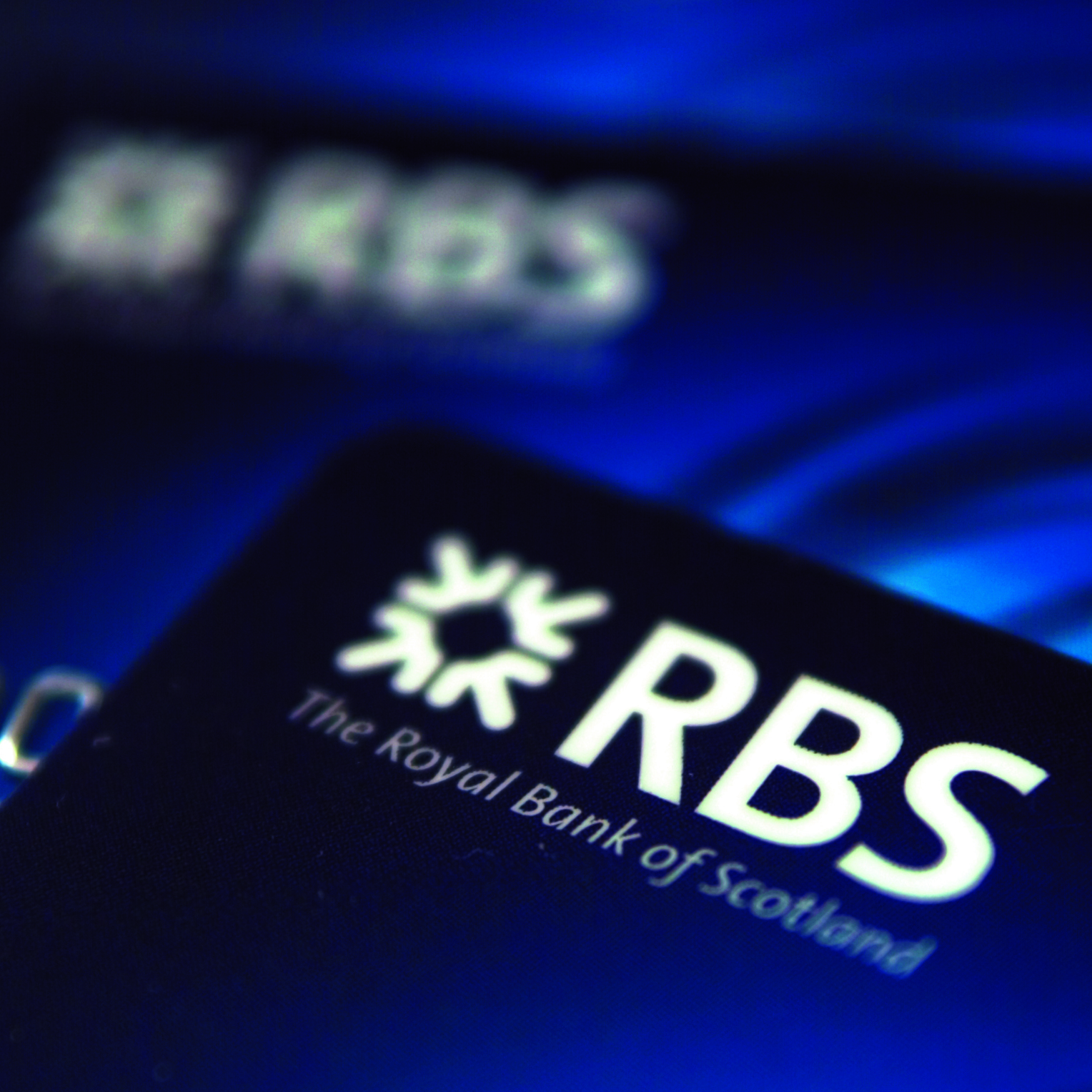News
RBS and NatWest axe bill cashback: your options

RBS and NatWest will scrap cashback on household bills for Reward account holders from 1 February. Here are your options now.
Around 1.7 million RBS and NatWest reward account customers currently benefit from 2% cashback on bills, receiving an average of £83 a year.
The banks pay the 2% cashback on council tax, gas, electricity, water, mobile, TV and landline packages, and broadband, if they’re paid by direct debit. Customers also receive 1% cashback at certain retailers.
However, from tomorrow (Saturday 1 February), standard Reward customers will be able to earn £4 a month if they have at least two direct debits set up (minimum of £2 each) and an extra £1 a month can be earned with one mobile app log in.
This means the total standard Reward customers can earn is £5 a month, before monthly account fees (£2 Reward, £10 Reward Silver, £20 Reward Platinum) are taken into consideration. Before the changes, cashback was unlimited.
Premier Reward and Premier Reward Black account holders will get £1 a month for logging into their mobile app, and £9 for having two direct debits of at least £4.50 each.
These accounts come with monthly fees of £2 and £31 respectively – and you need to earn at least £100,000 a year to be eligible to open an account.
Where now for cashback on bills?
Rachel Springall, finance expert at Moneyfacts, said it’s clear to see how current account rewards have wilted over the years but there are still ways for consumers to earn some cash on their regular bills with a cashback paying current account.
Santander recently announced that from 5 May, it will cap household bill cashback at £5 for its three cashback categories on the 1|2|3 current account, 1|2|3 Lite, Select and Private current accounts.
This means customers can earn a maximum £15 per month (before monthly account fees): 1% on water bills, council tax and Santander residential mortgage payments; 2% on gas, electricity, Santander home insurance and life insurance; and 3% on mobile and home phone bills, broadband and paid for TV packages.
But Springall said: “Santander would be a good choice as it is only capping each element of the cashback, rather than an overall cashback cap. According to the details, it will offer up to £180 in cashback in a year, whereas NatWest would be £60 a year as sets a £5 cap. This is before the fees are deducted.
“Santander currently pays up to 3% cashback on selected household bills, but this will be capped from May – so if consumers are keen to take advantage of this perk then they need to do the maths, especially if they go for the 1|2|3 Current Account instead of the 1|2|3 Lite. The 1|2|3 Current Account charges a £5 monthly fee, whereas the Santander Lite charges £1 a month, but has less perks for the lower fee.”
She added that given the NatWest Rewards cap, it may not sway people to switch to gain a profit of £3 a month.
“If someone wants regular cashback and doesn’t want to switch their bank account, then a cashback credit card could be the answer. The American Express Platinum Cashback Everyday card pays an introductory cashback rate of 5% (£100 cap) for the first three months (and pays 0.50% thereafter) and does not charge a fee. The Santander All in One Credit Card Mastercard pays 0.50% cashback and charges a £3 monthly fee,” she said.